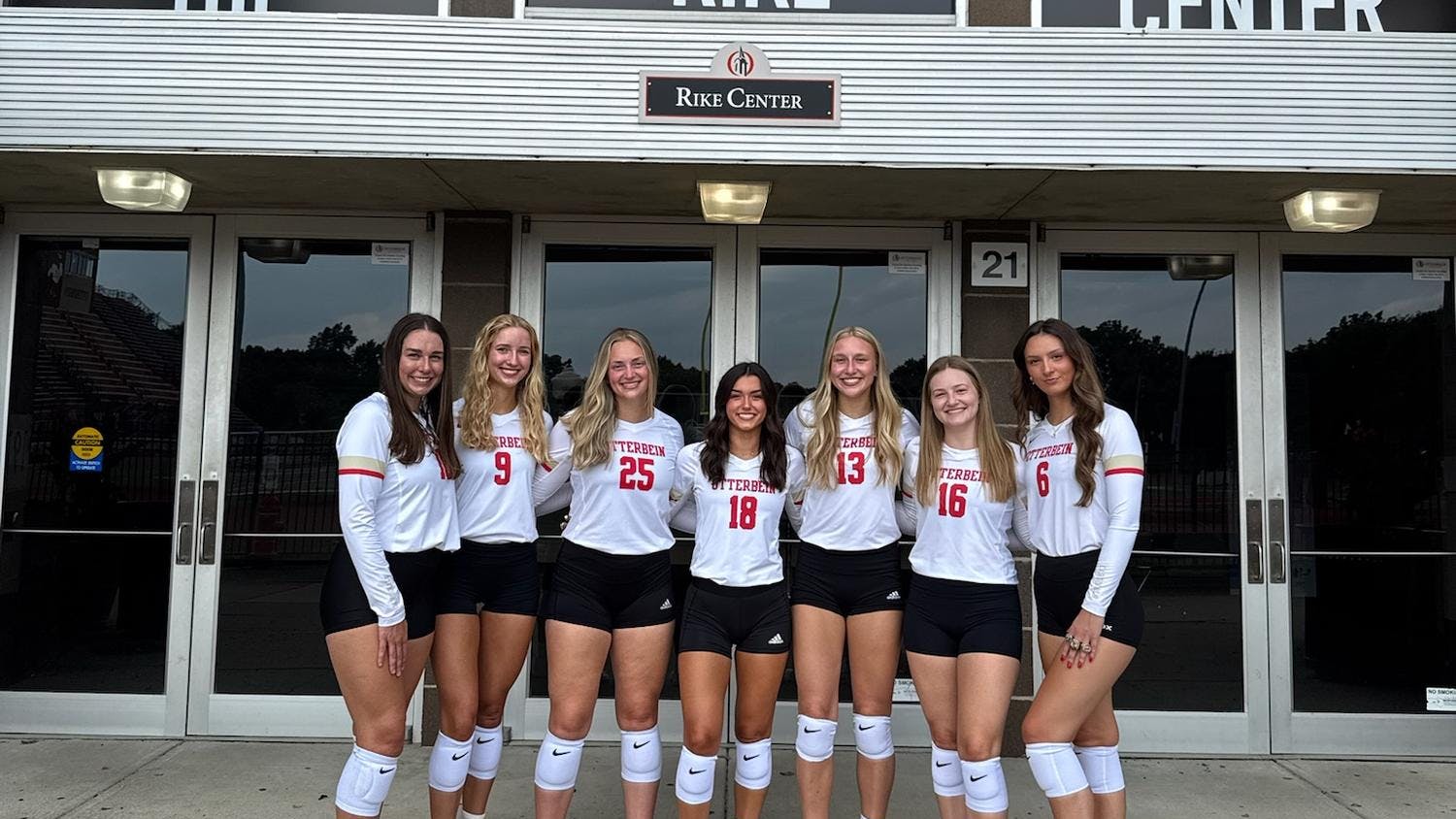After picking up key wins in Ohio and Texas this month, Sen. Hillary Clinton has cemented her name in history as the first viable female candidate for president of the United States.
While Clinton struggles to pave the way for female politicians in the U.S., a small country in eastern Africa may be setting a precedent of its own.
Currently, female politicians in Rwanda make up 49 percent of their national parliament, a percentage that not only tops the world rankings, but also dwarfs the world average of 15.1 percent. Furthermore, an estimated one-third of all households are led by women.
This past winter I had the distinct pleasure of visiting Rwanda and corresponding with a female college student in the midst of the distinct cultural change.
Angel Nyawera, a student at the National University of Rwanda explained that, "Before the genocide, the number of women educated was [very] reduced, and there was an absence of rights which benefited women...different families had boys going to school, and girls doing the housework."
In the months leading up to the 2003 election, Rwandan women worked alongside their male counterparts to draft a constitution that guaranteed a legislative role for women in politics.
Featured in the reforms were policy regulations that reserved seats in both houses of parliament for women candidates. Currently 24 out of 80 seats in the lower house and six out of 20 seats in the upper house are reserved for women, yet that minimum number was exceeded in the 2003 general elections.
Executive Director for the United Nations Development Fund for Women Noeleen Heyzer explained that, "Especially in post-conflict situations, where new constitutions and legislative structures are being created, it is critical that women are present at the peace table and in post-war policymaking."
As a student of business and women's studies, Angel understands that policy decisions favoring female politicians will translate to more rights for traditional Rwandan women.
"Now that women occupy the high posts in government, even in the countryside women participate in the execution and development of the country."
Gender activists fear that quotas may actually create a glass ceiling, preventing the country from surpassing its allotted votes. But to Angel, the advantages outweigh the risks. t&c;
MIKE WISE IS A SENIOR PUBLIC RELATIONS MAJOR AND STAFF WRITER FOR THE t&c.;







